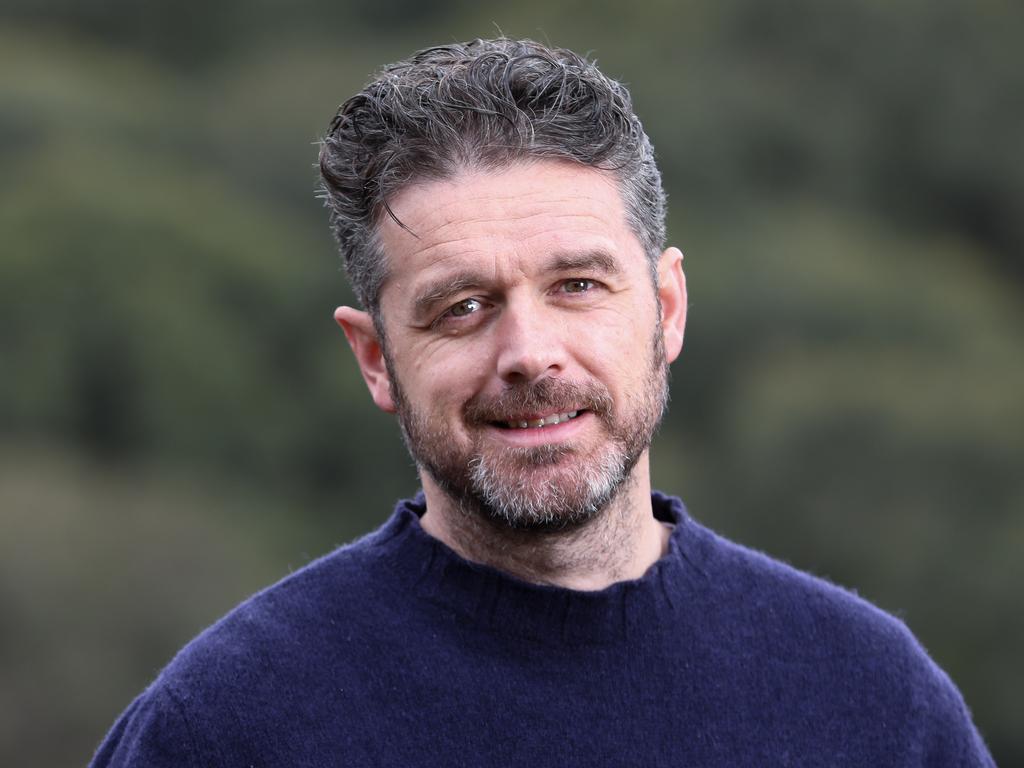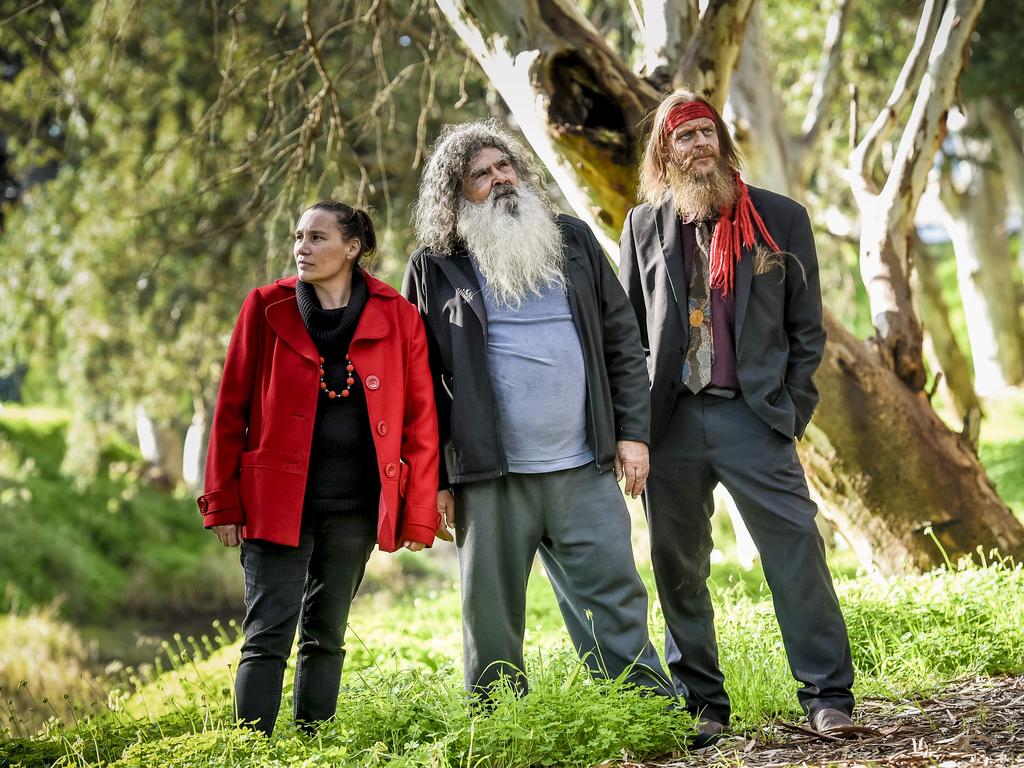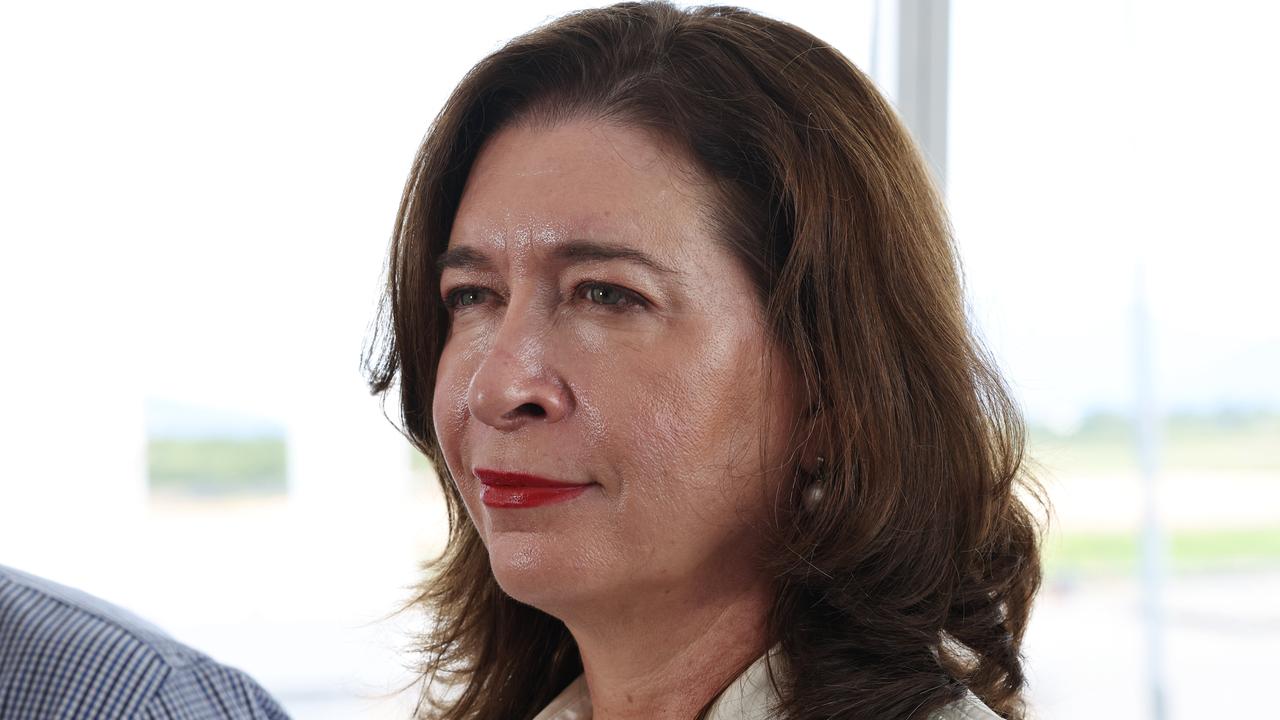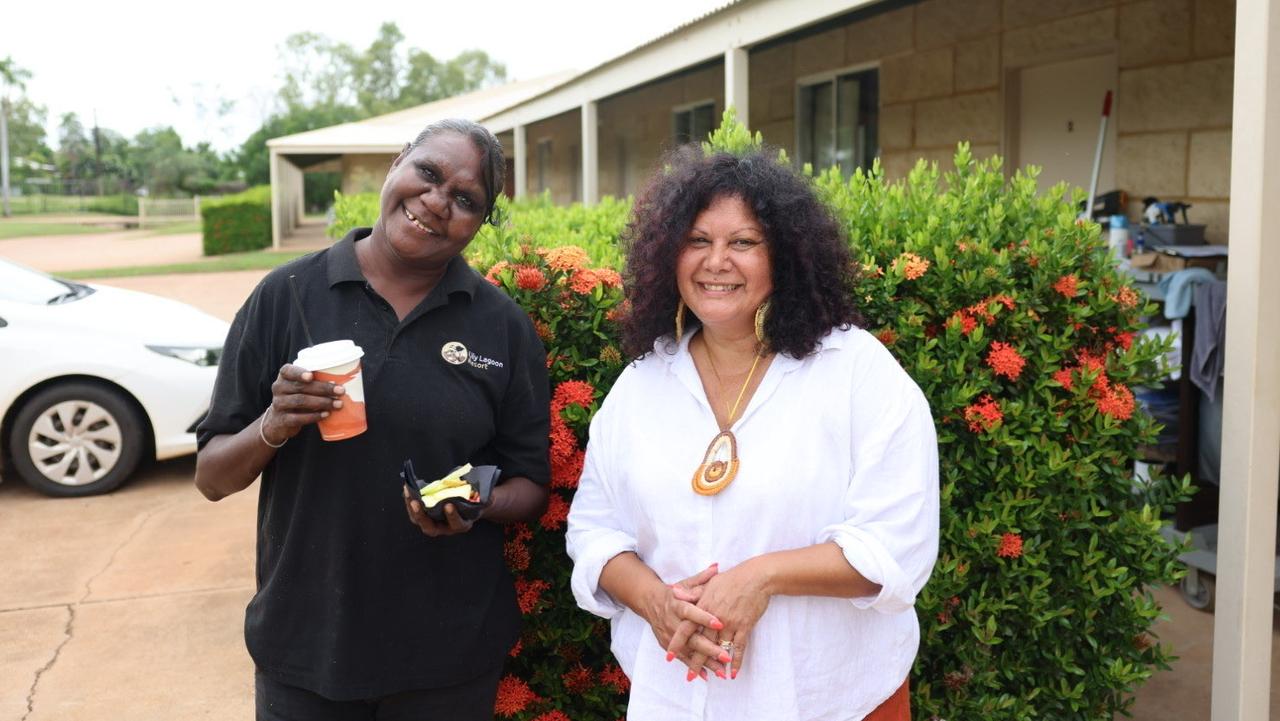Bush food body wants celebrity chef Jock Zonfrillo’s database
Masterchef star pressured to hand over ‘first nations intellectual property’ his charity was paid $1.25m to develop.
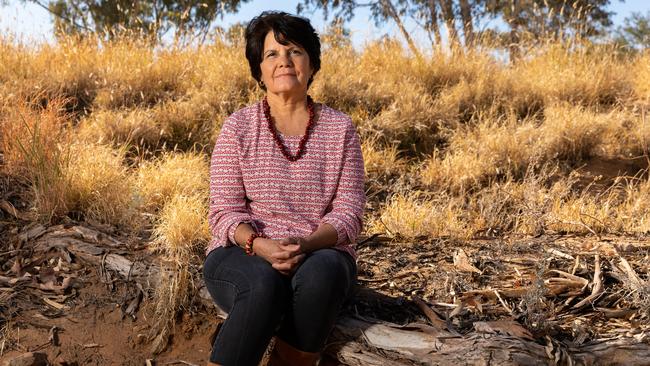
A national peak body for indigenous bush foods workers says celebrity chef Jock Zonfrillo should hand over a native plant food database that his charity was paid $1.25m to develop.
The First Nations Bush Foods and Botanical Alliance says it should become the custodians of the database, which was funded by the South Australian government and contains culturally sensitive information about traditional plant usage.
Bush Foods Alliance spokeswoman Rayleen Brown says Zonfrillo should hand over the database to enable Aboriginal people “to protect its knowledge and lead a generational change in our nation’s recognition of first nations’ intellectual and cultural property”.
According to a statement issued by Zonfrillo’s charity, the Orana Foundation, 1443 ingredients are listed on its database.
Zonfrillo, who has now appointed indigenous intellectual property lawyer Terri Janke to review his database, said there had been other delays including a disagreement with the University of Adelaide, a research partner.
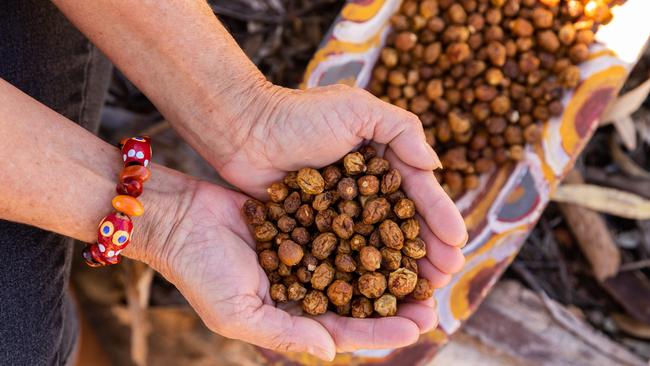
“Once this audit is completed, we can progress to consideration of the requirements for access and use to the database and specific content on the database, categorisation and labelling of content, implementation of appropriate protocols, end-user licensing and commercialisation,” Dr Janke said in a statement.
Ms Brown said a meeting of alliance members on Thursday expressed disappointment that other reputable indigenous leaders in the field were not involved.
“I don’t know what gave them the right to swoop in, take all this knowledge and head off with it,” she said. “Jock needs to come back to the table, apologise and say, ‘we’ve done this the wrong way’. ’’
The statement from Zonfrillo’s charity says the board of the Orana Foundation “stands by the timing of the indigenous food database delivery and the use of all funds to date”.
More than $500,000 was paid by the Orana Foundation to companies related to Zonfrillo and his wife, publicist Lauren Fried, between 2017 and last year.
The charity’s executive director, Norman Gillespie — one of its three directors, with Zonfrillo and Fried — also received substantial payments. The charity said: “There is a reason an indigenous database of its kind hasn’t existed in Australia until now. It’s time-consuming, labour-intensive, requires extensive funding and must have a committed team of resilient and passionate people to make it happen.”
Ms Brown, a respected bush food caterer in Alice Springs and contributor to the Great Australian Cookbook, said that comment ignored the efforts of many indigenous people. “It’s really hurtful. I’ve been working on country with 100 women who do wild harvesting without a cent of support or funding. They have been supplying product to a growing industry for 30 years, long before Jock came along.”
She said the group had unsuccessfully applied for funding to develop an indigenous-led database. Indigenous businesses represent less than 2 per cent of providers across the native food supply chain, the alliance says.
Plant experts say there has been extensive work by botanists and indigenous groups around Australia in building up native plant knowledge. Bush Tucker man Les Hiddins told The Australian on Thursday he has catalogued about 180 edible plant types and published his database online last year. “What’s more, I have never asked for a cent from the government to do it.”
The Food Plants International database lists more than 7000 edible plants for Australia, and is considered one of the world’s most comprehensive food plant resources.
Last month, an encyclopedia of native foods, Australia’s Creative Native Cuisine, was launched by chef Andrew Fielke, who pioneered ingredients such as bunya nut, lemon myrtle and quandong in the 1990s in his Red Ochre restaurant chain. Fielke, who now works with indigenous bush food enterprises, says the industry needs to engage in genuine and legitimate joint ventures where both parties have a long-term vested interest in a commercially successful outcome.
“Otherwise,’’ he says, “we are wasting a lot of time and money.”

